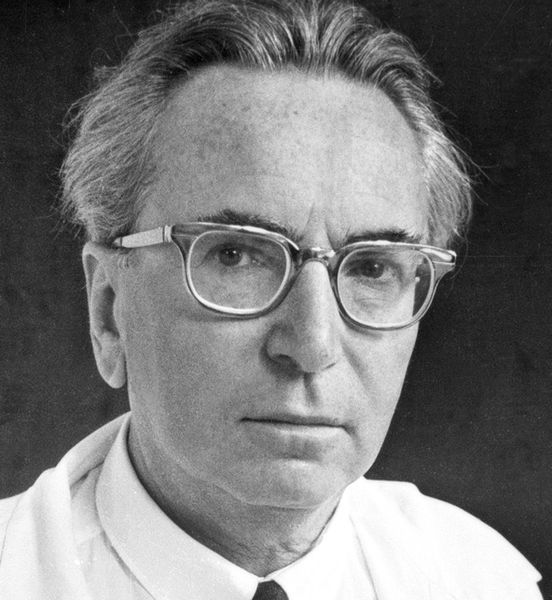Viktor Frankl suffered great suffering in his life. He was the founder of "logotherapy," a search for meaning and the purpose of life that is unique and specific to each person, especially in the midst of difficulties.

Viktor Frankl, a compassionate Viennese physician and psychologist, was captured by the nazis in 1942 for being Jewish. Married to a beautiful young woman, he had a career, assets, and income. He had to give it all up. This is the kind of traumatic loss that can turn people into super-people.
After his arrest, they put him on a packed train along with 1500 people. A journey that lasted several days and nights. Their destination was an immense concentration camp, with watchtowers and surrounded by barbed wire. It was Auschwitz.
The new inmates had to leave all their luggage on the train. Frankl, reluctant to give up everything, kept a precious manuscript of his new book on logotherapy. He was sent aside to join a group of healthy prisoners. The remaining 90 percent were sent elsewhere, straight to death.
Frankl's group had to run across the field to a cleaning station where they were ordered to remove their watches and jewelry. To preserve his life, Frankl finally gave up his precious text. Gas chambers, crematoria, and executions were his new reality.
Frankl describes in his book "Man's Search for Meaning" how the soldiers ordered them to take off all their clothes. Their entire body hair was shaved, including the eyebrows. After a short shower, they had the numbers tattooed on their arms, so they even lost their name. Frankl was able to keep his glasses and a pair of shoes, but everything else was destroyed.
All family activities and goals in life were brutally skewed. Little was left of personality, of dignity. Hopefully nothing like that happens again.

|
| Viktor Frankl |
However, today there are people who meet similar circumstances, although not necessarily under repressive regimes.
Imagine, for example, living in peace in a place and suddenly we are visited by a famine, an earthquake, a tsunami, a hurricane, a flood or other natural disaster.
Or imagine being told that you have a life-threatening, disabling, and disfiguring illness, such as Cancer. You would have to go to the hospital for surgery, radiation therapy, or chemotherapy. They would give you a hospital gown, put a plastic bracelet on your wrist with your name and your medical record number.
You could lose all of your hair as a result of the treatment, including your eyebrows. You would experience pain, nausea, and other unpleasant physical sensations.
Despite how terrible these situations are, these are the conditions that bring transformative experiences or spiritual growth in some people. Why?
Stripped of everything we love we get in touch with our true selves, we could say, with our soul. We are left with something true and pure. We stay in the present moment, with consciousness: with physical sensation, with emotional feeling, with the powers of thought, imagination, and creativity. That kind of spiritual awareness can become a source of calm, courage, inspiration, and hope.
Frankl says that surprisingly some men in the shower they joked and laughed. Completely stripped of everything, the human spirit can still shine through with remarkable vigor and endurance. Laughter is always an important relief and a link between the unfortunate.
Also, on that first night at camp, Frankl made a firm and deliberate decision not to commit suicide. He chose life. In response to that main, central question posed by Shakespeare's Hamlet, Frankl decided to "be."
Later, when all hope of the reunion had faded, Frankl had a vision of his wife (who, as he feared, was already dead). It is then that he had the conviction that, for everyone, love is the last and highest goal to which we can aspire.
The reciprocal love between the couple had expanded for him into a universal love for humanity and creation. From this deeply personal experience he said:
"I understood how a man who has nothing in the world can still know happiness." (Man's Search for Meaning)
Frankl survived the war and lived for 50 more fruitful years, dying at the age of 92 in September 1997.
A GREAT LESSON